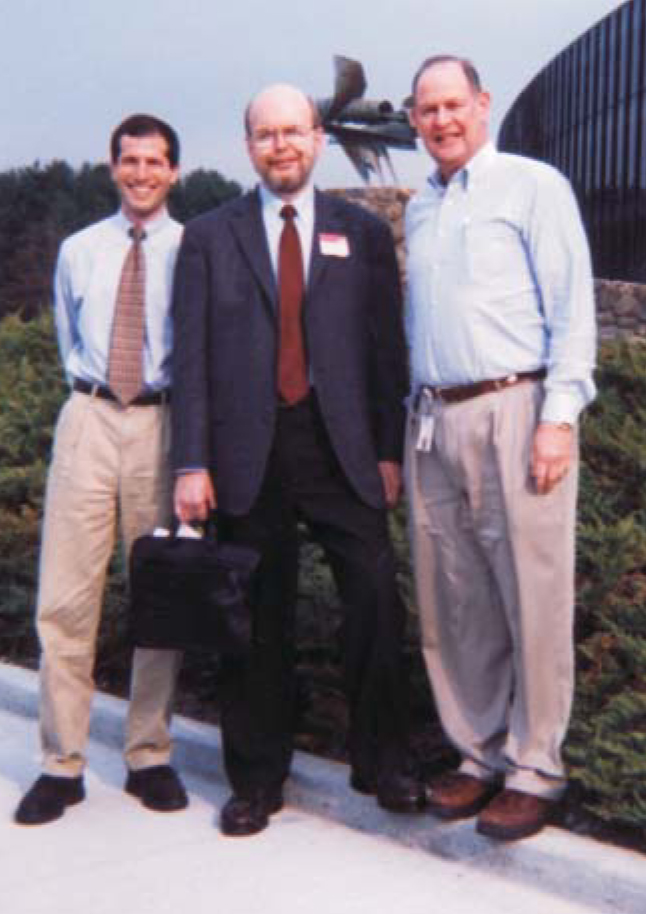Industrial physics practices highlighted
DOI: 10.1063/1.2963006
Physicists in industry are abandoning the use of laboratory notebooks and R&D managers are wary of relationships with academia, according to a forthcoming American Institute of Physics report.
From 2002 to 2007, Joe Anderson and his associates at AIP’s Center for History of Physics interviewed more than 120 R&D managers, senior bench physicists, and records managers at 15 US-based companies from among the 27 that employ about half of all physicists in the corporate sector. Findings from the History of Physicists in Industry (HOPI) project report, which will be available in September, showed that more than half of the physicists who graduated with PhDs from US universities in the late 1990s chose industry over academic appointments (see Physics Today, April 2007, page 28
Use of hard-copy notebooks is on the decline, the study finds. Computers have sped up experiments so that scientists no longer have time to fill in lab notebooks, says a Ford Motor Co interviewee in the report. The widespread adoption of electronic records has also proved challenging for R&D managers and company archivists who face the problem of preserving digital records and making them easily accessible. The study found that increased government regulations are putting more pressure on companies to preserve business records, while rules that govern intellectual capital such as R&D records are left to each company’s discretion. Knowledge management is “a big huge mess … and no one wants to fund it,” says long-time Raytheon Co librarian Mark Baldwin in the report.
The HOPI study found that company funds have periodically shifted between research and development since World War II. There has also been a recent trend in industrial research toward knowledge assessment and acquisition at the expense of knowledge creation. Companies are acquiring startup businesses and outsourcing research to industry consortia and universities, but many R&D managers favor limiting relationships with academia to projects that are least focused on product development. Jeffrey Newmeyer, a manager at defense contractor Lockheed Martin Corp, suggests in the study that companies should keep industry–university collaborations at the “precompetitive, preweaponizable level.” He adds, “It also frankly doesn’t help the situation that universities have become very business and intellectual-property-ownership oriented over the past 5 or 10 years.”

The IBM Thomas J. Watson Research Center was the first site visited for the History of Physicists in Industry project. From left to right are first project historian Tom Lassman, project director Joe Anderson, and IBM physicist Jim Wynne.
AIP





